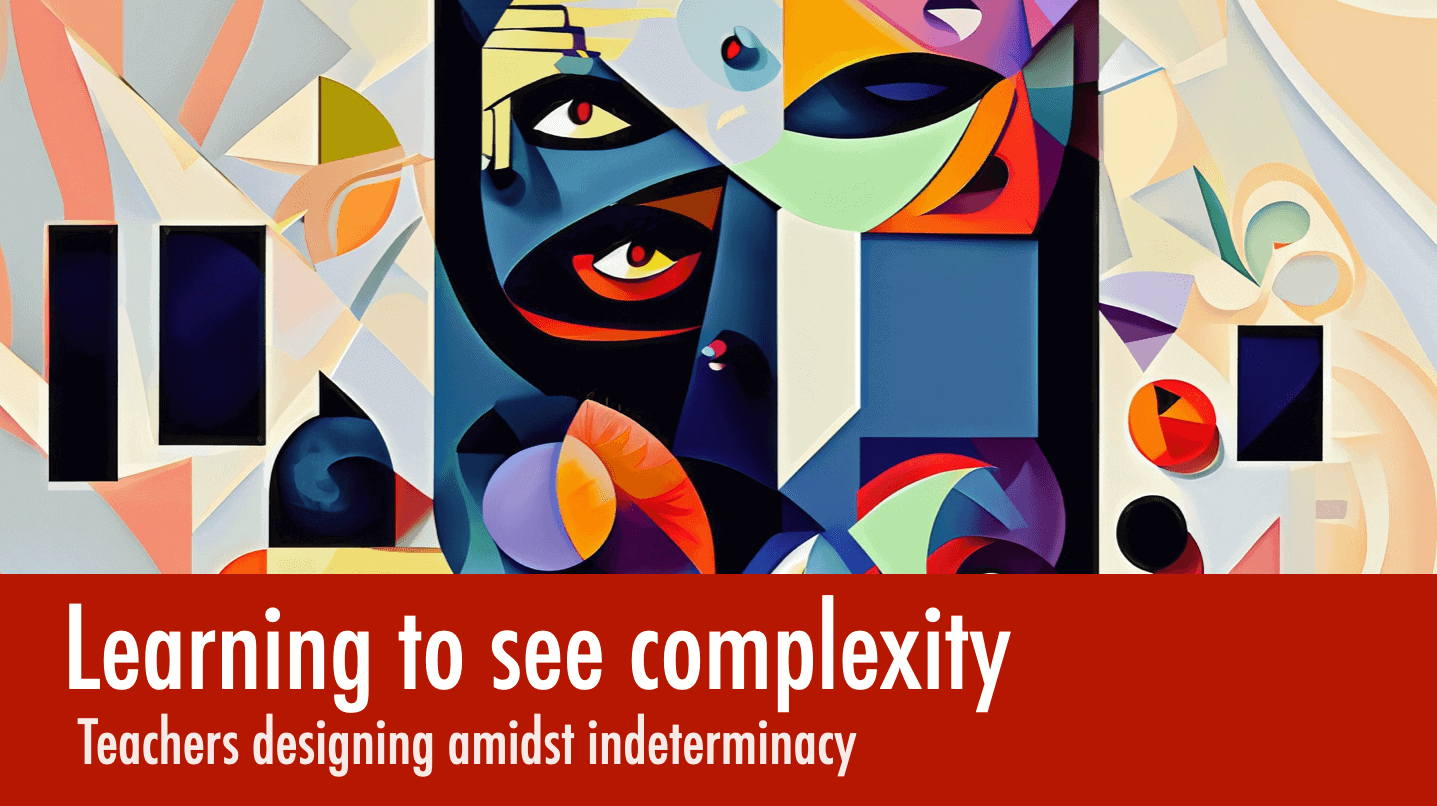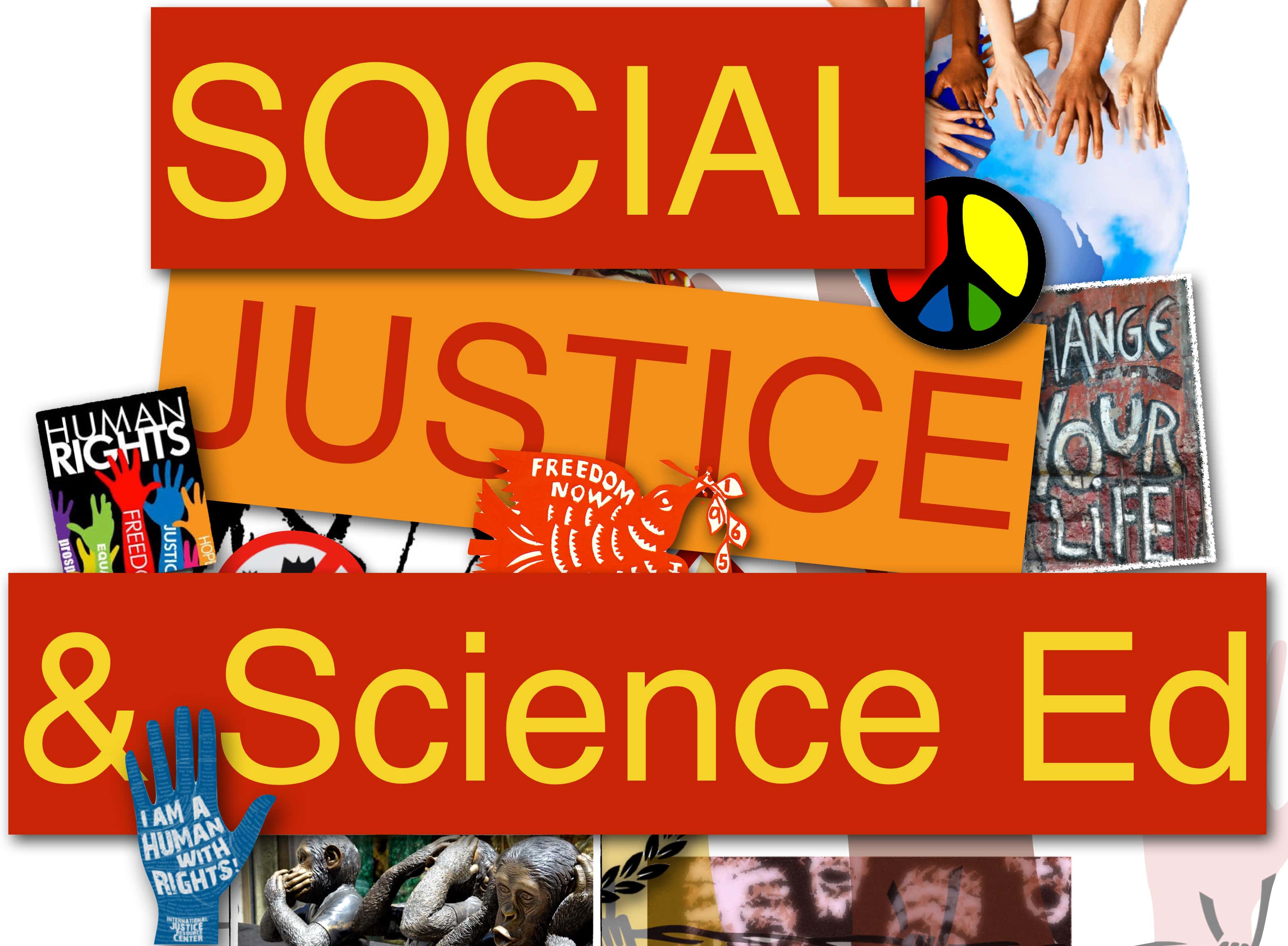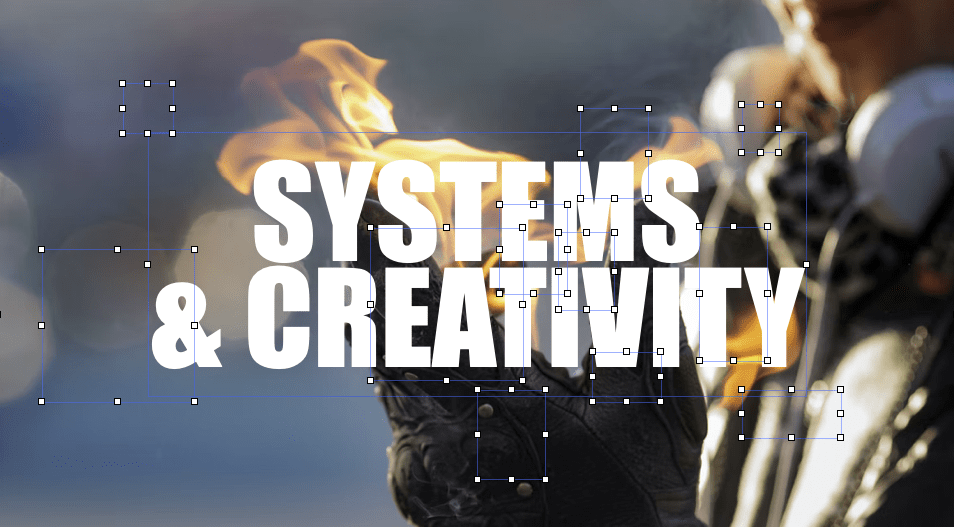Note: The image above was generated by Adobe Firefly and edited using Photoshop beta.
Teaching is a profession steeped in complexity. This complexity manifests in various ways: the diverse skill sets, interests, and backgrounds students bring to the table; the physical and structural nuances of classrooms; and the broader context of schools, framed by administrative, policy, and socio-cultural factors. Even the teachers themselves add another layer of complexity due to their own unique backgrounds and expertise.
Historically, research and professional development programs have tried to simplify this intricate web, focusing on establishing ‘best practices’ that could be uniformly applied. Such an approach often rests on a linear logic—if a teacher does X, then a student will learn Y. However, this oversimplification tends to overlook the richness of individual experiences, cultural backgrounds, and personal identities of both students and teachers. It also fails to consider the unique contexts within which teaching and learning occur, and how these factors critically influence meaning-making in educational settings.
Taking a different route, a complexity-informed perspective values the multifaceted nature of educational settings and the people involved. This became glaringly obvious during the global pandemic, which forced a radical rethinking of existing educational systems and processes. The pandemic experience underscored that failing to acknowledge educational complexity is not just an oversight—it’s an ethical misstep.
In this article we describe a specific case study—namely a professional development program aimed at educators in a rural school in the southwestern United States. This program focused on teachers adapted and learned during the challenging times of the COVID19 pandemic. This article is part of Melissa Warr‘s dissertation and was designed as an in-person program. All of that, of course, went by the wayside when the pandemic hit, and schools closed down. That said, though the pandemic disrupted her plans, in some ways it became a great test of the value of taking a design perspective on education at a time of disruption. Complete citation and abstract given below:
Warr, M., & Mishra, P. (2023). Learning to see complexity: Teachers designing amidst indeterminacy. Professional Development in Education. DOI: https://doi.org/10.1080/19415257.2023.2253821\
Abstract: Scholars have called for considering professional learning (PL) through the lens of complexity. One lens for operating amidst complexity is design. Designers thrive in complexity because of the responsive nature of their work; a designer develops their practice in response to a particular situa- tion, adapting as it changes. Thus, a design lens is useful for navigating complexity in teacher learning and practice. As a designer, a teacher learns and practices in a classroom amidst complex nested systems. Design calls for seeing beyond traditional, linear practice; experimenting with new approaches; and adjusting those approaches in response to the situation’s feedback loops. In this article, we illustrate the relationship among complexity, design, and PL through examples from four teachers who participated in a design-centred PL program before and during the COVID-19 pandemic. The program aimed to support teachers in a creative design approach to address a problem of practice. Analysis highlighted that when teachers needed to learn and practice amidst complexity, it was difficult to see possibilities outside of traditional practice and to perceive feedback from the situation. Our analysis suggests that a focus on finding non-traditional approaches and listening to disruptive feedback might support teachers to learn and practice amidst complexity.




0 Comments